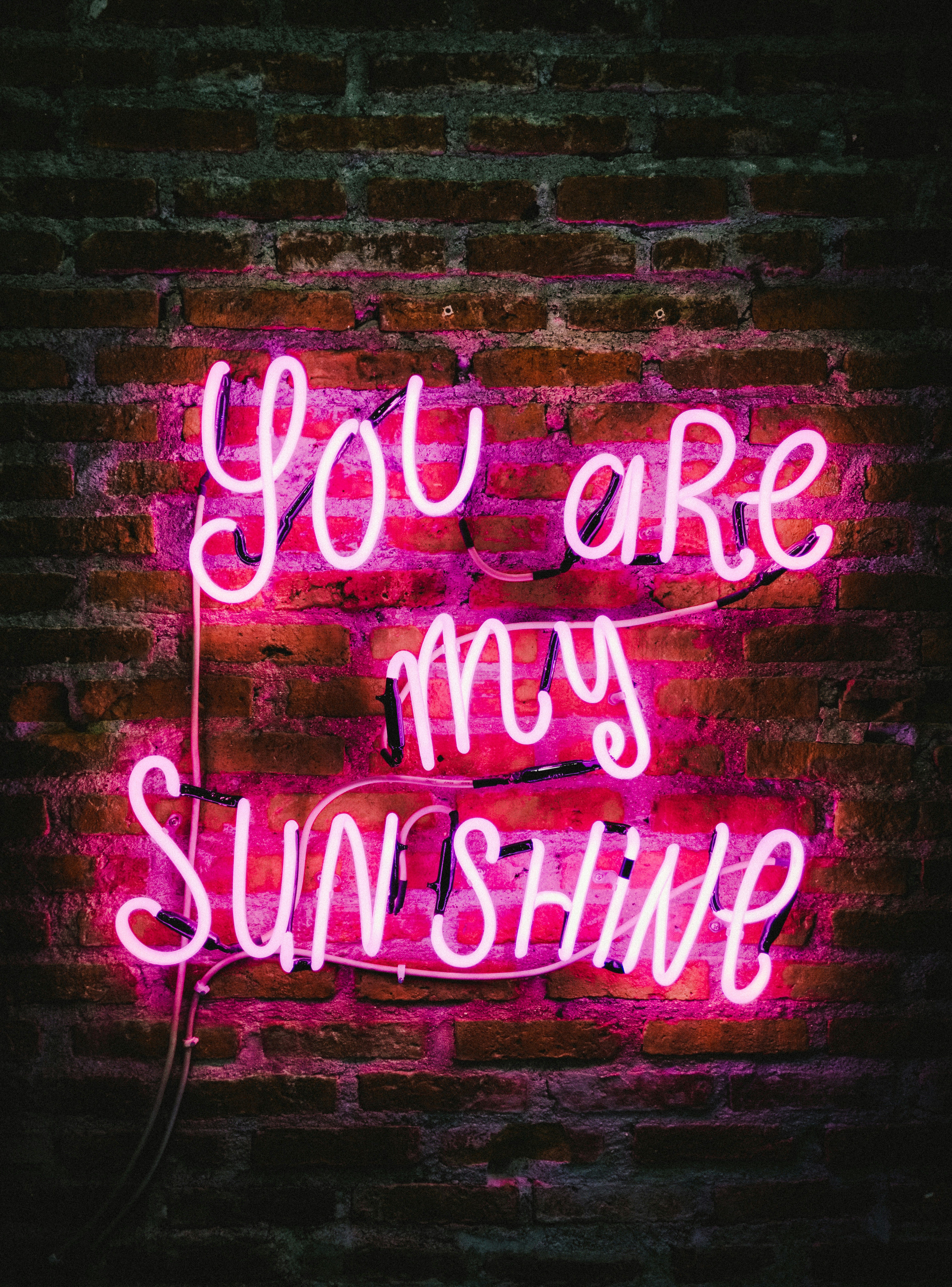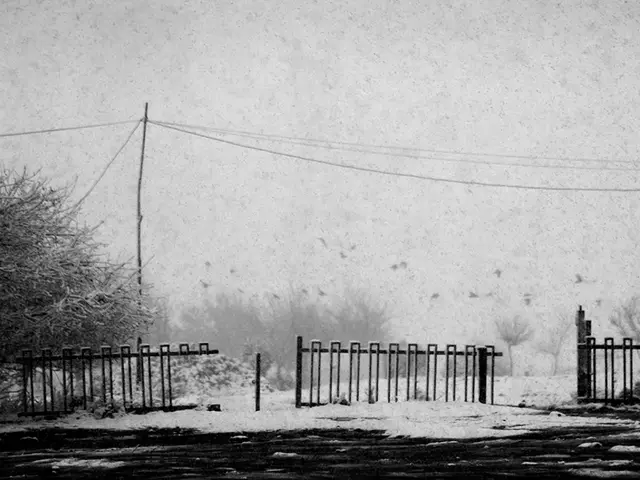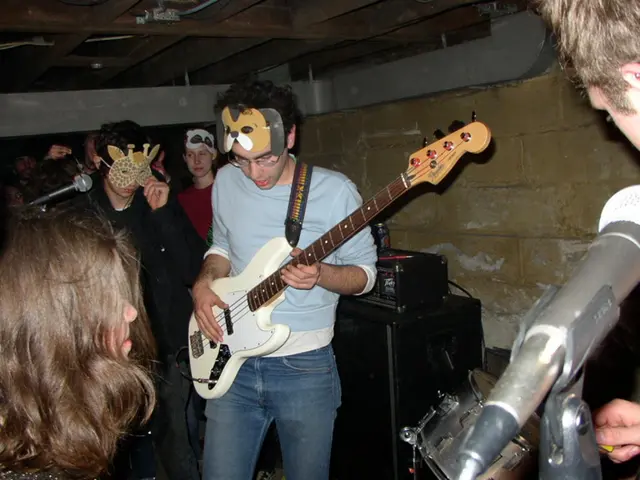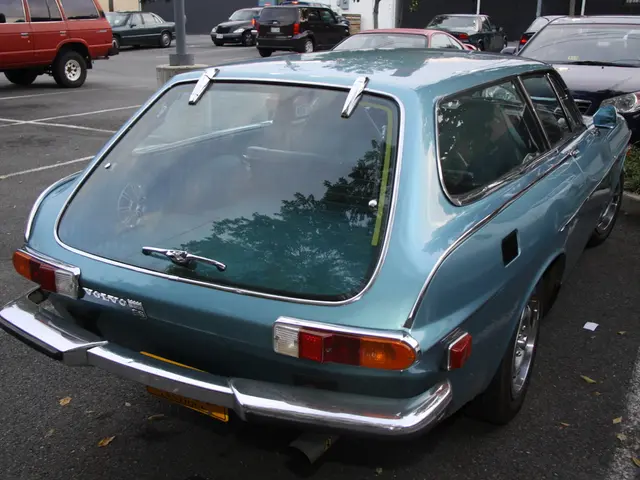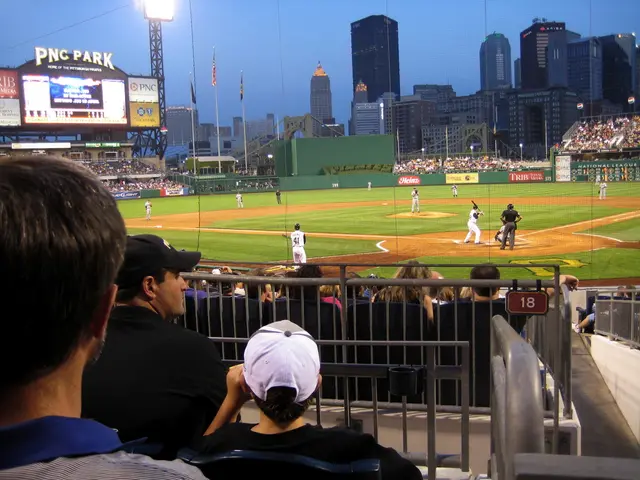Venezuela Declines EU Electoral Monitoring, Denouncing Neocolonialism
Vibe Check: Let's dive into the recent electoral drama unfolding in Venezuela, y'all!
In the Hot Seat: Venezuela's National Electoral Council (CNE) has yanked its invitation for the European Union (EU) to monitor the upcoming presidential elections, scheduled for July 28.
The Lowdown: In a heated television address, CNE President Elvis Amoroso announced they'd taken a "sovereign" decision to revoke the EU's invitation. This move stems from the EU temporarily removing a handful of Venezuelan officials from its sanctions list, including Amoroso and three former electoral officials back in May. While the rest of the sanctions remain in place until January 2025, the EU insisted this step aimed to "support" the electoral process. Venezuela's Foreign Minister Yván Gil swiftly accused the EU of neocolonial arrogance, and Amoroso flat-out rejected the coercion attempt.
The CNE communique emphasized the damage caused by the EU sanctions and their complicity in the seizure of Venezuela's state companies, gold reserves, and other assets. Since 2017, the EU has slapped Venezuela with numerous sanctions, including travel bans and asset freezes for more than 50 state officials, yet they've never disclosed these assets. The EU and member countries have also supported the US's economic blockade and the self-proclaimed "interim government" led by Juan Guaidó.
The Fallout: Following the invitation withdrawal, the EU voiced regret but failed to mention a formal response. Caracas may now only have smaller missions like the Carter Center and a few UN experts to keep its elections in check. However, the CNE has welcomed over 250 international observers representing dozens of prestigious organizations, including CARICOM, the African Union, and the UN experts panel.
On the Homefront: Venezuelan voters are gearing up for the July 28 election, with incumbent Nicolás Maduro seeking his third term amid a US-led sanctions program. Maduro has promised a national dialogue with all sectors of society following the election results to quash looming destabilization efforts from the far-right opposition, which has a history of refusing to accept defeat and launching violent street riots.
The Competition: Nine candidates are vying for the presidency, with 74-year-old Edmundo González Urrutia representing the US-backed Democratic Unitary Platform. Other contenders include political outsiders Antonio Ecarri and Benjamin Rausseo, who aim to win over undecided voters.
- The National Electoral Council (CNE) of Venezuela, a Venezuelan government body, has said it will not accept European Union (EU) monitoring for its upcoming presidential elections, citing destabilization efforts and EU's neocolonial arrogance.
- In policy-and-legislation news, the EU withdrew sanctions from several Venezuelan officials, including CNE President Elvis Amoroso, earlier this year, which the CNE views as part of the EU's destabilization efforts.
- General news outlets are reporting that the CNE has welcomed over 250 international observers from various organizations, despite the EU's decision not to monitor the elections, indicating a broader global interest in Venezuela's electoral process.
- Amidst this political drama, with the Venezuelan elections just around the corner, incumbent candidate Nicolás Maduro has said he plans to engage in a national dialogue with all sectors of society following the election results to prevent further destabilization from the far-right opposition.
